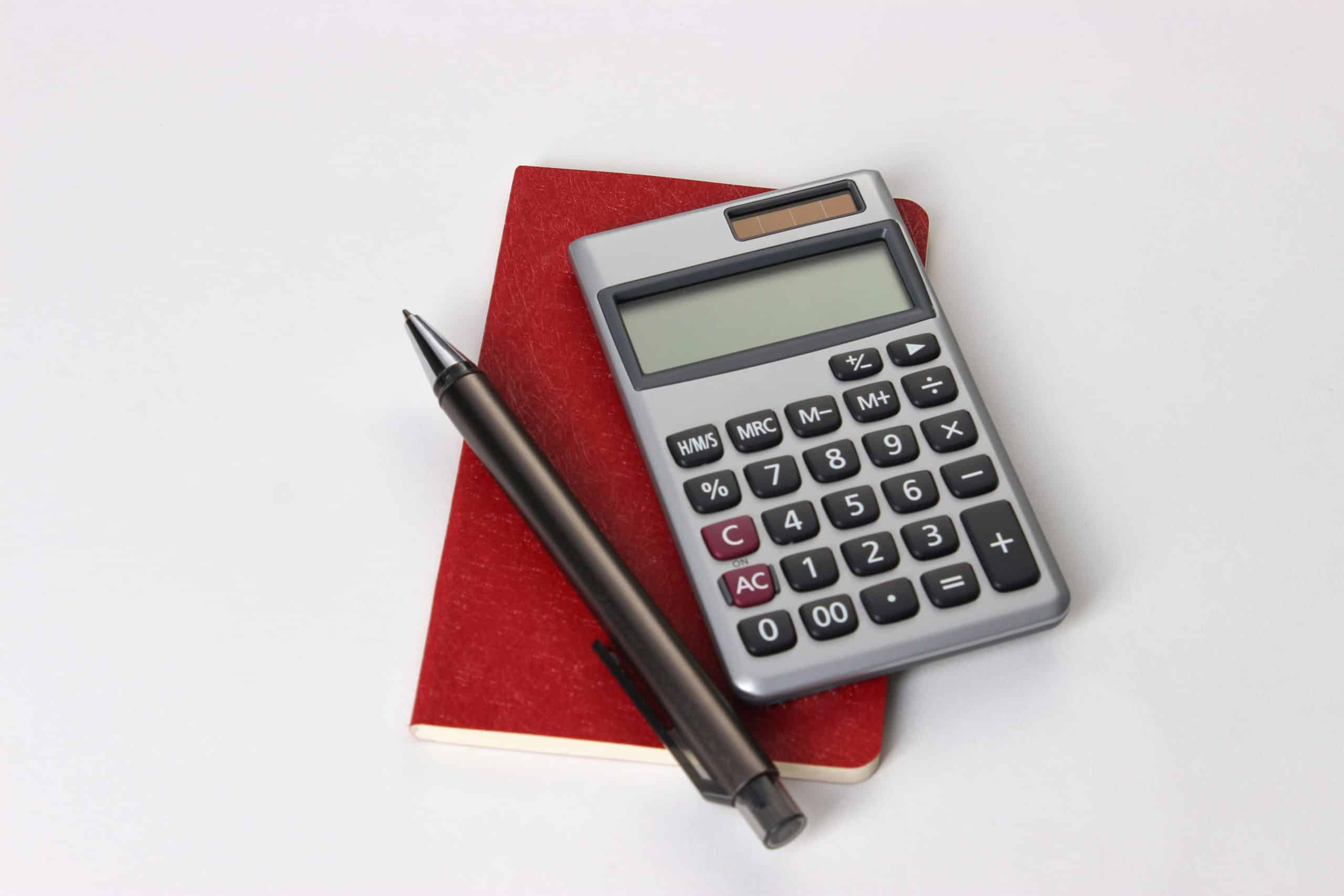When we are thinking of buying a house, it is normal to look only at the positive side of the situation. A new house symbolizes a beginning of life and a home to be brand new and comfortable. It is common not to focus on other less pleasant details, such as money. Although it may seem at first that the mortgage is the only expense that we will have to make, the truth is that there are many other expenses to take into account. Among them the VAT for a new house.
And this tax has specific conditions when it comes to a new home, in addition to the possible variations that may occur with the change of year. In this article we explain everything you need to know about VAT on new housing for 2022 and other expenses that occur with the acquisition of a property.
First of all: what is VAT?
VAT (value added tax) is a tax of a percentage of money on any product or service we consume or use. The final consumer is the one who takes charge, that is to say, the one who pays this tax. Its purpose is to finance the public services provided by the State. Through taxes (including VAT), the State is able to offer its citizens certain services, such as education or healthcare, as it is its own members who are responsible for financing them.
According to Law 37/1992 of December 28, 1992 on VAT, buyers must pay this tax at the time of the official payment. In the case that we are charged (the houses), the VAT will vary depending on the type of house:
- A new home is taxed at 10% of the deeded amount.
- VAT taxation on a social housing in special regime or public housing corresponds to 4%.
- Parking spaces and storage rooms are subject to the same VAT as a new construction (4%).
- In the case of commercial premises, VAT is 21%.
- There is no VAT on second-hand housing, but another tax is applied: the ITP (property transfer tax), which is usually around 6%.
What is considered a newly constructed home?
According to the Tax Agency, a newly constructed property is one that is obtained from a developer when the construction or rehabilitation of the property has been completed, certified by the issuance of the certificate of completion. This certificate must be signed by the corresponding architect and quantity surveyor.
On the other hand, any property that is not a new construction (that has already been used by other persons for a period of 2 years or more prior to the sale) will not be subject to VAT. The tax to which it will have to face will be the tax on onerous patrimonial transmissions (ITPO). In this case it would be considered as a second transfer, so you would not have to pay the VAT of a new property.
Let’s make a small summary: unless the property has been inhabited or used for 2 or more years, it will be considered as a new construction, and the buyer will be obliged to pay the relevant VAT. This payment will be made directly to the seller, who will have to pay the money to the tax authorities.
How much is the VAT on a new home?
Once we have clarified what is considered to be a newly constructed property, we can know what the VAT is. The buyer will have to pay 10% VAT on the amount of the deed for his new purchase. If, for example, a property has a value of €100,000, the VAT will be €10,000. If it is, as we have mentioned above, a special regime or public subsidized housing, the VAT would be 4%. In the Canary Islands, the VAT on a new home is 6.5% due to the IGIC or Canary Islands General Indirect Tax.
The same VAT as that of a new home will be applied to parking spaces and the annexes that are transferred (storage rooms). Commercial premises, on the other hand, will be subject to a VAT of 21%. This tax will also be applied to parking spaces if there are more than 2 units for new housing.
It is necessary to mention at this point that the VAT on a new home must be paid as soon as the deeds are signed, together with the rest of the payment for the home.
Other expenses to consider
We have already explained the VAT and the percentage that you will have to pay when buying a new home, but there are other expenses to take into account that are part of the purchase process:
The notary’s office. This expense will be present whether we buy a new house or a second hand one. The fees of the notaries (tariffs) are regulated by the State, so their prices will always be the same no matter which notary’s office you choose. The price of the granting of the public deed of sale is usually between 600-875€, depending on the price of the property. The expenses for the granting of the public deed of the mortgage loan are assumed by the entity since June 2019.
The Land Registry. To register the deeds signed by the notary also has a cost. This is also fixed by the current regulations and depends on the price of the property (usually between 400-650€).
Purchase and sale taxes. In addition to the VAT, a second tax must also be added in this section: the tax of documented legal acts. It is a tax that the buyer must pay and whose amount will depend on the autonomous community in which it is located. For used or second-hand properties, the most important tax is the transfer tax. Its amount will depend on the percentage applied on the deeded price and on the autonomous community in which the property is located (normally it is 6-10%).
In the case of subsidized housing, large families, people with disabilities and young people, the rates are usually lower. The only optional expense of the purchase and sale of a house is the agency fee. As they are free professionals, there are no specific rates, so it will be the buyer who chooses how much money he wants to spend on their services. Their minimum cost is usually around 300€.
Mortgage expenses. If the buyer plans to acquire the property (new or used) by means of a mortgage loan, he will have to add additional expenses to those linked to the sale and purchase. He will have to pay an appraisal company to value the property. Then the bank will know what percentage of financing it can grant. Banks usually lend an amount equal to 80% of the purchase price or appraised value. However, some are financing up to 90-100% of the purchase price. Nowadays the appraisal costs between 250-600€. Everything will depend on the entity that performs the appraisal, the type of property and its valuation. It is necessary to keep in mind that the appraisal is valid for 6 months from the date of issue. Since the new mortgage law of June 2019, the rest of the expenses (notary, registry, AJD) are assumed by the bank.
The origination fee can be up to 2% of the capital loaned, depending on what is agreed with the financial entity. This amount is deducted directly from the money given to the mortgagor, although nowadays many banks do not apply this penalty.
The stamp duty (IAJD) is payable whenever a notarial document is signed and must then be registered in the registry, with an economic amount. Since 2018, the bank must be the one to pay the tax from then on.
It will also be necessary to pay for registering the deeds signed by the notary. The entity, since 2019, is in charge of assuming this expense.
Finally, the bank that grants us the mortgage will be the one who chooses an agency to take care of all the administrative work and the necessary paperwork. This expense, of course, will be assumed by the entity. In fact, the agency will have to return the excess money to the mortgagor and deliver the invoices and deeds after paying the notary and registry fees that are not assumed by the financial institution.
At Blegal, we always recommend that the buyer has an extra cushion to pay taxes, although the amount will always depend on the price of the house.
What we can do at Blegal
We know that, when buying a house, many doubts arise. That is why we strongly recommend always having the help of professionals who are up to date with any changes in terms or taxes to advise you and handle your case with all the necessary means. In addition to the services of management and consulting, at Blegal we have a team capable of helping you with any legal service, from civil rights to fiscal or tax. If you have any questions, please do not hesitate to contact us. We will be happy to answer all your questions, either by phone or by e-mail. If you are a bit more curious, visit our blog and keep up to date with all the latest news in the tax world.




